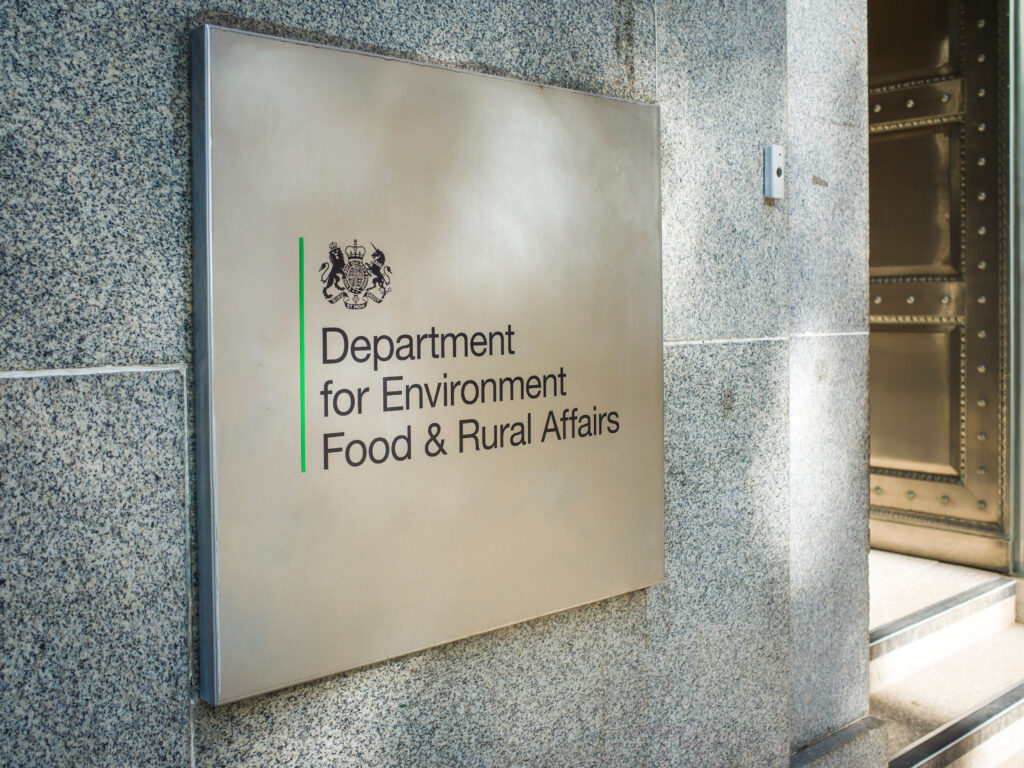
Local circumstances will still be a major factor in collection scheme decisions
Lee Marshall, LARAC
According to the Local Authority Recycling Advisory Committee (LARAC), the “Indicative Costs and Performance of Kerbside Collection Systems” study, which was published by WRAP yesterday (see letsrecycle.com story), raised concerns that the value of material sales may not be flowing back to councils from MRF operators.
However, in order to produce the calculations, WRAP made several assumptions over the nature of collections – including that revenue from materials which were sorted at the kerbside was always returned to councils, whereas revenue from materials sorted in MRFs was not.
And, LARAC acknowledged that the results did not mean that one system was better than another – but only should be used by councils to inform their decision making.
LARAC chairman Lee Marshall said: “Local circumstances will still be a major factor in collection scheme decisions and so this should not be taken as showing that one system is better than another and there is still not size fits all for UK local authorities.”
Collections
At present, around 44% of kerbside collection systems in the UK sort the recyclable materials at the kerbside, 35% collect the recyclables commingled and 11% operate two-stream partially commingled collections.
For its research, WRAP used a Kerbside Analysis Tool or KAT to make projections of kerbside collection infrastructure and associated standardised costs using default and user-defined values.
The modelling was based on what could be achieved if common good practice attributes were applied to the main systems in operation – and the study looked at both urban and rural scenarios.
Kerbside-Sort
In kerbside sort operations, most materials are kept in separate streams on the vehicle and not compacted, though some material streams can be mixed.
WRAP calculated the cost of kerbside sort collections and from this deducted material revenues based on its Materials Pricing Report in order to calculate net recycling cost.
This included a plastic bottle price £110 a tonne, a mixed cans price of £142 a tonne, and a £68 a tonne price for newspapers and magazines.
The report showed that, while kerbside sort collections costs were high, at between £79- £154 a tonne, the net cost of recycling was between £24-£97 a tonne due to the revenue from materials sales.
However, the calculations included collections which did not include card and so dn not appear to be directly comparable with MRF.
And, the report acknowledged that this materials revenue was not always given directly back to councils – and would depend upon the contractual arrangements.
Kerbside sorting is also seen as vulnerable to falls in market prices.
The report said: “For this study, it has been assumed that all the income from the sale of materials is applied to the service. It is recognised that markets are volatile and this assumption does not necessarily reflect the latest situation in all cases.”
Commingled
Single stream commingled collections see all recyclable material collected together and sorted in a materials recycling facility.
MRF gate fees vary across the country due to availability and other factors, but based on the findings of a WRAP study called Gate Fees for Treatment and Disposal the modelling assumed a gate fee of £21 a tonne without glass, rising to £28 a tonne with glass.
The research found that while collections were much cheaper than for kerbside sort systems, at £61-£130 a tonne, the net cost of recycling was inflated by MRF gate fee to between £92 and £153 a tonne.
However, it was assumed that there was a 10% contamination rate in the commingled loads and that councils did not receive revenue for their recyclables, which was included in the MRF gate fee – despite this not always being the case.
And, the collections often included card – unlike the scenarios modelled for kerbside sort.
The report read: “In some cases revenue sharing mechanisms are in place so that the risk and reward of materials market is shared between the council and the MRF provider. However, the benefits to any particular authority will depend on the contractual/income sharing arrangements in place. In some cases the benefits of material income will be reflects in an adjusted gate fee.”
Two-stream commingled
Two-stream commingled collections collect a range of materials and maintain quality by keeping them in two streams in a split bodies vehicles in order to maintain quality- generally fibres (paper and card) and containers (cans, plastic, glass).
Although there are only a small number of these collections in England, WRAP predicts they will become more common in coming years and claims that they provide a “viable compromise between kerbside sort and commingled systems.”
In the modelling WRAP assumed that material revenues from the sale of paper and card offset the MRF sorting costs and provided a net income to the service of £7 a tonne across all materials.
This assumption is based on advice provided by waste management contractors and is in line with WRAP's soon to be published report on Gate Fees.
The research showed that two stream commingled collections where paper was kept separate from other materials had similar net costs to kerbside sort schemes – with collections costing £60-£88 a tonne and overall recycling costing £53 to £81 a tonne.
CRR
Last night, the Campaign for Real Recycling (CRR) joined LARAC in welcoming the findings – which it claimed showed a “systematic difference” in collection costs.
Andy Doran, of Novelis Recycling, spoke on behalf of the CRR. He said: “There are some key findings in the research that suggest that there are systematic differences in costs and that in current market conditions kerbside sort schemes show lower costs – net of income sales – than commingled schemes.”











Subscribe for free